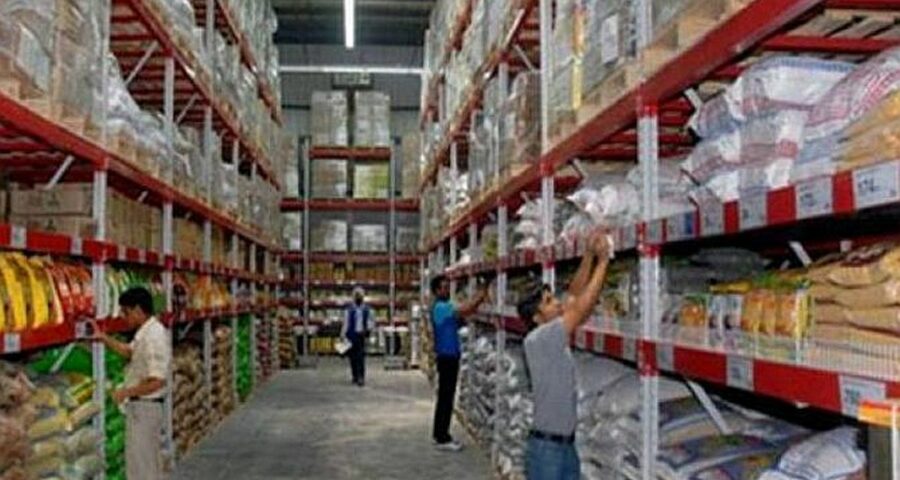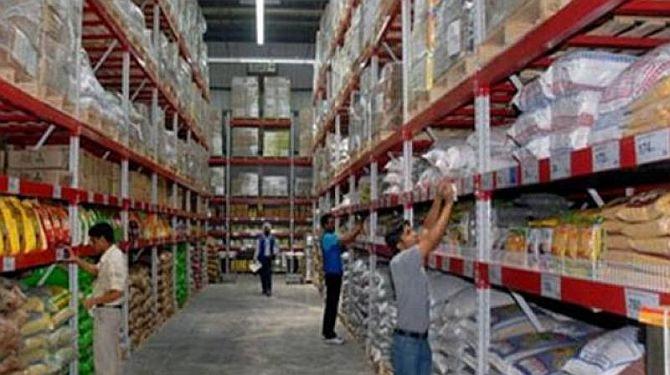A few days ago, Reliance Retail surprised the market by acquiring the Campa brand from Delhi-based Pure Drinks Ltd for Rs 22 crore.
A successful cola brand in the eighties, especially in North India, Campa Cola thrived when Coke exited India in the late seventies.
When the Atlanta-based major returned and PepsiCo set base in India, it went down fighting.
Even more surprising is the second carbonated brand with which, sources said, talks are in the final stages for a joint venture.
This is for Sosyo, a fizzy fruit juice brand from Surat which was closely associated with the country’s freedom struggle.
It was bottled in 1923 by the Hajoori family as a desi option to Vimto, a similar drink that was imported from the UK.
The company boasts over 29 per cent share of this category in Gujarat, 18 manufacturing units, and sells over 20,00,000 crates every year.
So, why is Reliance Retail, with over 15,000 stores straddling lifestyle, electronics, fashion and foods, buying a defunct brand in a market in which PepsiCo and Coke have a stranglehold?
Apparently, there is a method in these seemingly high-risk deals.
For the core element of Reliance’s new retail strategy is twofold.
First, it wants to be “Atmanirbhar” by building affordable indigenous products that can be scaled up.
Second, it wants to acquire or work with a bevy of heritage or regional brands in the country by making them more contemporary and building scale across the country and the globe.
It’s a strategy that has already been tried in consumer durables.
For instance, Reliance Retail acquired the licensing and manufacturing rights late last year for the once popular brands BPL and Kelvinator (a US brand that was bought over by Electrolux but did not make a dent in India).
Their range of products is now being sold through Reliance Digital’s 500-odd physical stores across the country as well as on their online store.
And it has also moved quietly into general trade channels tapping smaller consumer electronics and durables stores.
Asked about the acquisitions, a Reliance spokesperson said: “As a policy, we do not comment on media speculation and rumours.
“Our company evaluates various opportunities on an ongoing basis.
“We have made and will continue to make necessary disclosures in compliance with our obligations under the Securities Exchange Board of India (Listing Obligations and Disclosure Requirements) Regulations, 2015, and our agreements with the stock exchanges.”
However, the retro strategy is now getting a big push in the fast-moving consumer goods (FMCG) business, too, and sources said Reliance is scouting for more local brands to expand its portfolio of private label brands.
To that end, Reliance is also looking at ethnic snack brands in different regions.
Talks are on with Garden Namkeens from CavinKare and it is closing in on a deal with Salem-based Varalakshmi, Asia’s largest manufacturer of sabudana (sago) and related products.
The new push in FMCG will force Reliance to lock horns with giants such as Unilever, ITC, even PepsiCo and Coke, and Adani Wilmar.
So should competition worry? Soft drink multinationals say they are not; they believe Reliance will sell the beverages as a discounted brand through its own retail outlet in bulk packs and do the same in the general trade.
Reliance has roped in former Coke boss in India T Krishnakumar to put together the FMCG plan.
“Our market is targeted at millennials for whom Campa has no recall and they don’t buy based on just price but what the brand represents,” said a senior executive in a multinational beverage company.
Also, he argued, global brands have far deeper reach, which the competition has to still build up — about 5 million outlets across the country already supported by a cold chain.
And with an established all-India franchise chain, they control the Rs 20,000-crore market.
What may need to be tracked, he added, is whether Reliance chooses to leverage the desi versus foreign brand as a marketing proposition.
In consumer durables, BPL TVs, refrigerators, lighting and kitchen appliances are already being sold through Reliance Digital.
So are Kelvinator’s products, which include their once popular refrigerators.
But TV is a tough market dominated by the Chinese and South Koreans.
According to Counterpoint Research for Q1 2022, smart TVs, which accounted for 89 per cent of all TV sales, was led by Xiaomi with a 14 per cent share, followed by Samsung (13 per cent), LG (8 per cent) OnePlus (7 per cent) and Sony (5 per cent).
The rest of the market is fragmented with numerous smaller brands such as BPL, Haier, Sansui and Toshiba.
In the sub-Rs 20,000 price range, Chinese brand Realme was the most preferred brand.
In refrigerators, the numbers are even more skewed: Data from Statista shows that till June 2022, 92 per cent of the market share was controlled by just four brands — LG, Samsung, Whirlpool and Godrej.
Can nostalgia for old brands be rekindled and the product modernised once again to attract younger customers? Sandeep Goyal, managing director of ad agency Rediffusion, pointed out that “reviving old brands just because they were popular once upon a time is an erroneous supposition.
“The original audience that consumed the brand is not there and has passed its consumption peak.
“With the core target having aged, recreating the brand magic is very difficult.
“No one in the current generation is familiar with a Campa Cola or a Kelvinator.
“It will largely be a zero start.”
But Goyal said that one reason for Reliance to buy these brands is that retail trade memory is longer and they remember the brands’ glory days.
There are some success stories such as Royal Enfield.
But there are failures, too, such as Jawa and the Yezdi.
There are others who say that Reliance has nothing to lose since it has bought the rights and the brands at a very nominal price.
Arvind Singhal, chairman of retail consultancy firm Technopak, said: “In India, consumers are brand conscious but have low brand recall.
“So buying these brands at a nominal cost makes immense sense.
“It’s a smart strategy because no one in the country has Reliance’s sheer distribution powers and can connect with millions of merchants.”
The question is whether it can leverage this strength and create magic around the brands to make them bigger and more contemporary.
Source: Read Full Article


